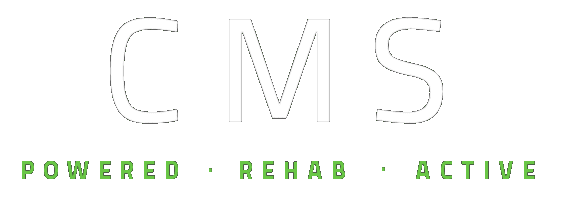Regardless of the amount of time you sit in your chair or lie in your bed, knowing that you’re being supported correctly whilst doing so is absolutely vital.
At Clinical Mobility Solutions we value the importance of correct and well positioned postural support. Which is why we offer independent and unbiased assessments, a consultation that gives both the client and healthcare professionals the confidence in knowing that no matter what the situation, there will always be a solution.
Depending on the type of assessment required, the process in which CMS carry this out is as below.
